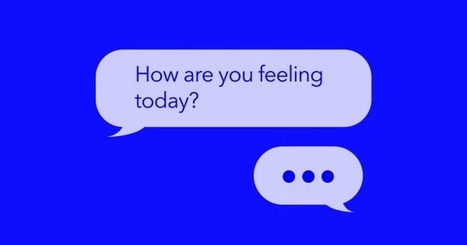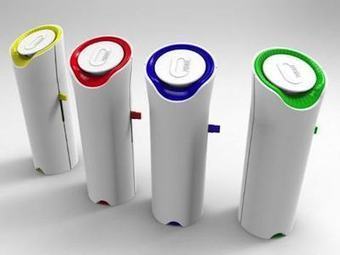Those suffering from mental health problems have more options than ever before. And along with the tireless efforts of advocates and mental health professionals, technological advancements have also played a large role in combating mental illness.
From diagnosing mental health issues, to finding local treatment options and support groups, the internet allows us to deal with mental health in a way that previous generations would never have thought possible. And thanks to advances in smartphone technology, new methods such as online therapy are becoming more and more common.
According to the American Psychological Association, some studies indicate that “telemental health” and “asynchronous messaging therapy” can, in some cases, “be as effective as in-person therapy.”
Other studies have shown that online therapy often proves useful as a first step for those who are reluctant to get help, and can lead to patients to seeking out more intensive treatment methods.
For those who are interested in exploring the world of online therapy, we list here 4 websites which are a great place to start on your journey toward optimal mental health.
You can receive online therapy, counseling, and psychiatry with these sites that optimize your mental health.
1. ICOUNSELING.COM
2. MYTHERAPIST.COM
3. PRIDECOUNSELING.COM
4. REGAIN.US
read the original story at http://wordpress.futurism.com/telemental-sites-that-will-optimize-mental-health/



 Your new post is loading...
Your new post is loading...









